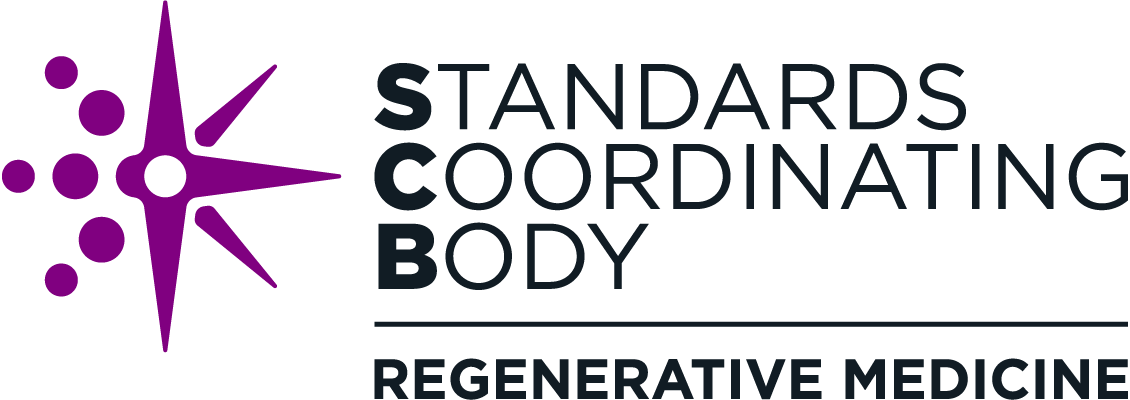SCB Perspectives: New Progress in RMTM, Scaffolds, and Cell Transportation Standards
Dr. Jiwen Zhang, SCB President and Head of Regulatory Affairs at Tmunity Therapeutics, Inc.
September 14, 2018
Yesterday I was at a stakeholder working meeting organized by SCB and ARM where my colleagues and I discussed challenges to successful cell and gene manufacturing, as well as potential solutions. Through four hours of lively discussions and debates, we identified several post-meeting work streams, many of which were, not surprisingly, standards projects.
Standards that the regenerative medicine community collectively works to advance have the power to make our products easier to develop and ultimately safer for the patients who need them. This is why I’m particularly excited about many of the standards projects we’re working on at SCB right now—below are just a few:
Characterization of Fiber-Based Scaffolds
With the potential to mimic functional tissue, many of us use fiber-based scaffolds for a variety of tissue engineering applications. Yet, these tools remain largely unstandardized, opening up potential questions about their quality and safety. SCB is supporting ASTM International by engaging the regenerative medicine community to identify standards gaps and needs. We convened an in-person workshop in August—in partnership with NIST, BioFabUSA, and ASTM International—to discuss fiber-based scaffold characterization and measurement/validation, and are currently putting a working group together to support the drafting of an ASTM standard and explore the potential for reference standards in this area.
Rapid Microbial Testing Methods (RMTM)
Let’s face it—our current methods for detecting the presence of undesirable microbes in a commercially manufactured cell or gene therapy product are limited. They take too much time to yield relevant results, they can’t detect some microbes, and scale-up is often out of resource bounds. Standards could help validate RMTMs and their results more quickly and reliably to help manufacturers get safe treatments administered faster.
We’ve established an RMTM working group representing 5 academic institutions, 3 government institutions, and 11 industry organizations. We also held a workshop in April 2018 with more than 60 experts from across the field who identified gaps in current methodologies, reviewed novel RMTMs, and outlined technical strategies and user specs for incorporating RMTMs. Aided by this input, our RMTM working group is now supporting the development of an ASTM RMTM Scaffold Standard, drafting a white paper to present to ISO on RMTM Validation, and exploring the development of microbial reference standards,
Transportation Requirements of Cell Therapy Products
It’s widely understood that the precise handling and storage of cell therapies during distribution is critical. But right now, we don’t have comprehensive standards that define the minimum requirements for transportation of cell therapy products. Rather than reinventing the wheel, SCB built on the efforts of a Japanese ISO technical committee who had already done legwork to generate definitions and general requirements for cell transportation.
We’re now working with a US-based ISO working group and have established an SCB working group representing 2 government institutions, 3 membership organizations, and 19 industry organizations to identify cell transportation gaps and needs. We used the results of our first meeting with the working group to draft two standards—one for cell therapy suppliers and one for transportation/logistics companies—and are now coordinating the combination of them into a single standard. We presented the draft standard to ISO/TC 276 in June, and it’s now open for public comment.
While SCB is making significant progress advancing these and many other standards projects right now, we can’t continue to do so without your input. If there’s a standards project you’re interested in supporting or you have a standards-related need, please reach out to our Senior Technical Program Manager Dawn Henke at dhenke@regenmedscb.org or via our contact page.
